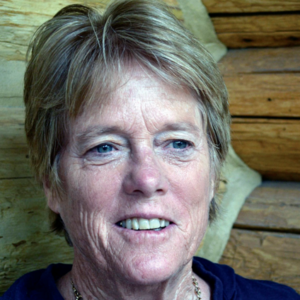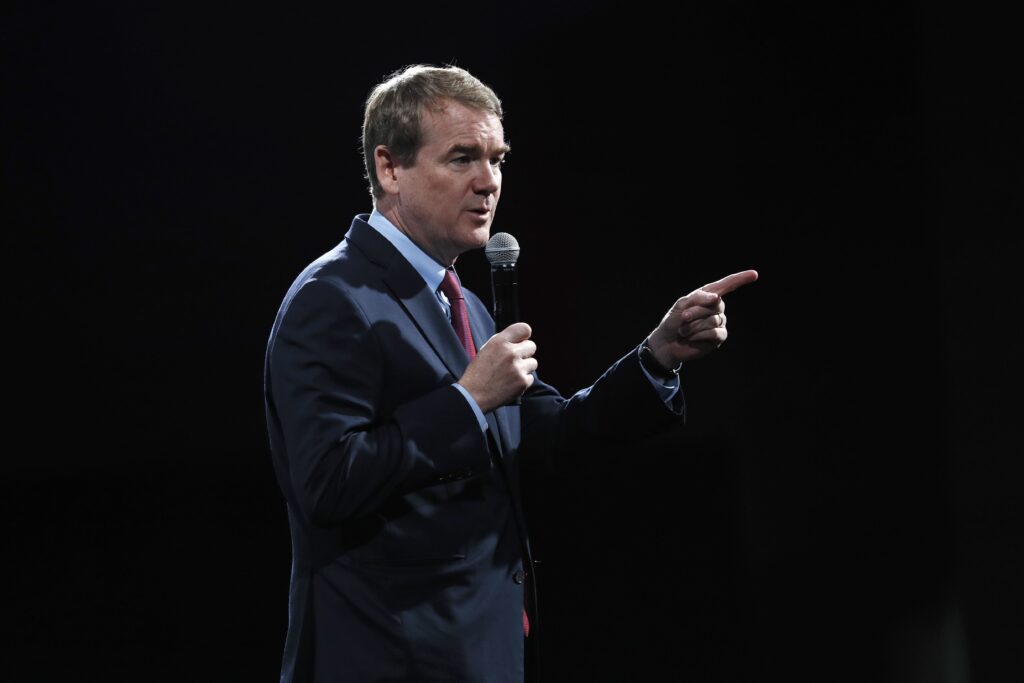NOONAN | Trying to get blood from a turnip


Imagine Mr. Potato Head as the Colorado Oil and Gas Conservation Commission. On one side of his head, the energy industry whispers into his ear about how much it can afford to pay for plugging finished oil and gas wells. On the other side of his head, Colorado’s citizens are screaming into his ear that whatever the industry is paying is not enough.
Who is Mr. Potato Head listening to? That’s the question facing the state of Colorado and Gov. Jared Polis this February when the COGCC makes decisions on cash requirements and bonding regulations relating to SB19-181, the bill on protecting the health and safety of Colorado over oil and gas drilling.
Right now, the oil and gas industry pays $10,000 per well for plugging assurance up to 100 wells. If a company’s well ownership exceeds 100 wells, the total assurance is $100,000, period. These numbers are favorable to the industry, especially given that horizontally-fracked wells, most common today, are more expensive to plug than old-style vertical wells. Carbon Tracker, an energy think tank, estimates the average cost of closing wells in Colorado at $150,000 per well. This includes plugging and environmental remediation.
Carbon Tracker’s numbers present a problem for oil and gas well owners and operators and the COGCC. There’s obviously a large gap between $10,000 per well and $150,000 per well. Now, if an owner operates 1,000 wells, the owner puts down a $100,000 well-plugging assurance. Full cost assurance would be $150,000,000. The spread between the two numbers is $149,900,000 per 1,000 wells. There are roughly 51,000 unplugged wells of varying degrees of plugging risk in the state.
Obviously, Mr. Potato Head has to come up with a better, more aggressive assurance program. The possible risk if everything turns up turnips, as in you can’t get blood from, is about $8 billion.
The theme of SB19-181 is to tilt oil and gas field regulation toward public protection, including against the risk of oil companies unable to pay their cost of shutting down operations. How is that going?
Here are some reasons to believe the COGCC draft rules aren’t tilting in the public and environment’s direction. Last year, when a bald eagle nesting area with over 20 eagles was ruined by noise from drilling operations during mating and brooding season, the COGCC voted to support the director’s decision to give the drillers a pass. Drillers 1, Bald Eagles 0.
Here is another example. The COGCC staff has performed a minutely detailed cost-benefit analysis of implementing cash and bonding regulation for well plugging, ostensibly to eliminate the possibility that these costs get dished to the state’s taxpayers. The COGCC staff uses a well-plugging basis of $78,000 per well as opposed to Carbon Tracker’s $150,000. Staff assumes that owners would use a variety of tools to finance plugging costs including purchasing surety bonds and self-funding. Overall, with blending of bonds and self-funding along with different tiers of plugging risk, the COGCC estimates annual cost to the industry of between $23 million and $95 million (see p. 34 of 51).
The study further analyzes in minute detail the costs to the state of implementing financial assurance, including “64 hours to develop data tools and FA Plan workflow, or 0.031 one-time FTE,” and “24 hours to develop guidance and offer operator training, or 0.012 one-time FTE.”
In contrast, COGCC staff has nothing to say about quantitative benefits to the people of the state. “Staff assumes that Rule 702 and the Financial Assurance Rulemaking in general will produce benefits for the community that cannot be quantified in most instances.” It does offer this observation on qualitative benefits: “The public will notice more reclaimed and remediated landscapes” and there will “likely also be public health, safety, and environmental benefits.” That’s it.
Driving around Colorado, it’s hard to miss the many oil and gas pads operating in the state. Many Coloradans living in the north Front Range and in Garfield County get to look at these platforms everyday right out their backyard windows. SB19-181, which Polis signed, should give Coloradans assurance that their health and safety, along with the environment’s, is protected. On the financial side, it’s time for Polis and his appointed directors at the COGCC to fully cover well-plugging risk so we’re not caught later trying to get blood from a turnip.
Paula Noonan owns Colorado Capitol Watch, the state’s premier legislature tracking platform.













